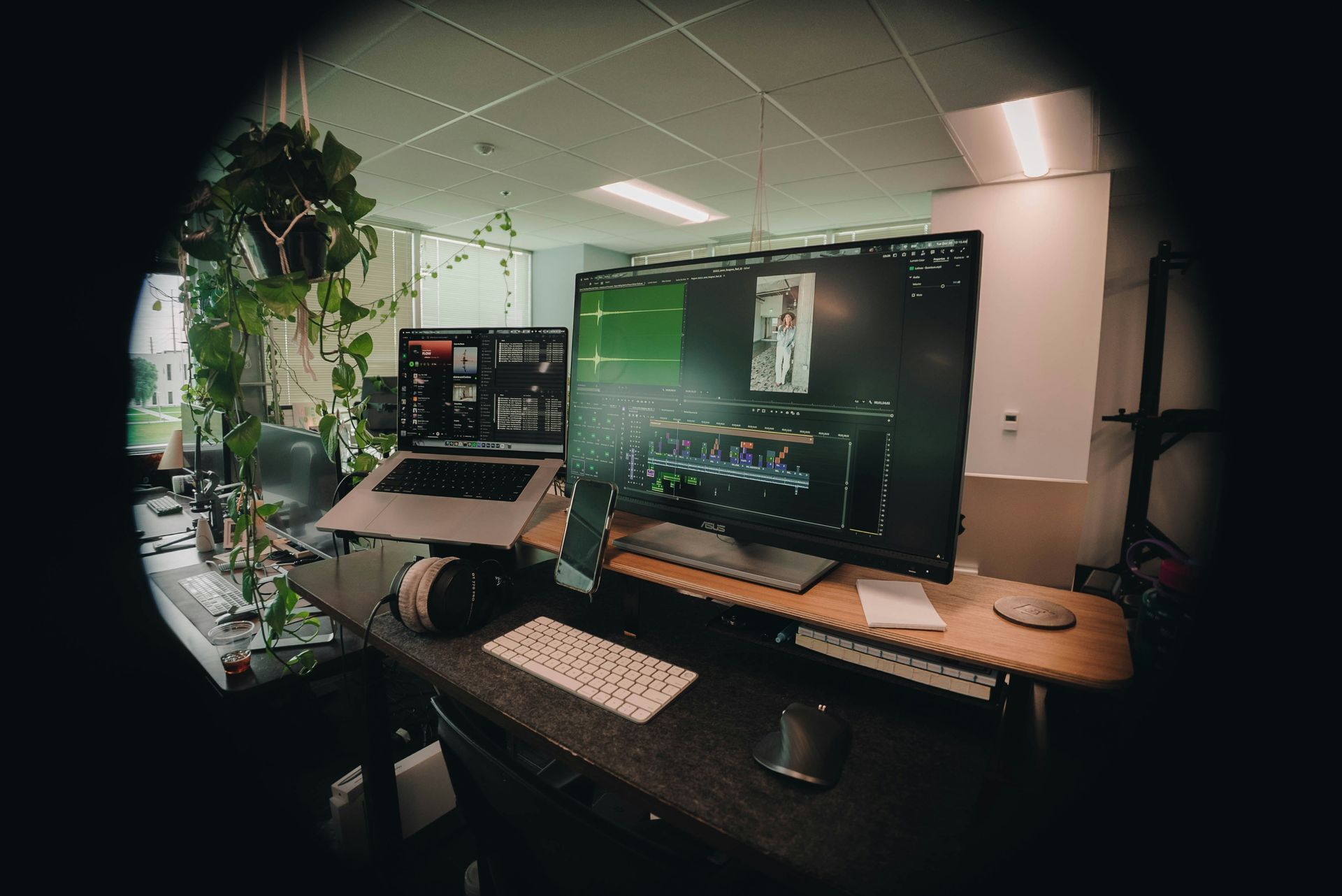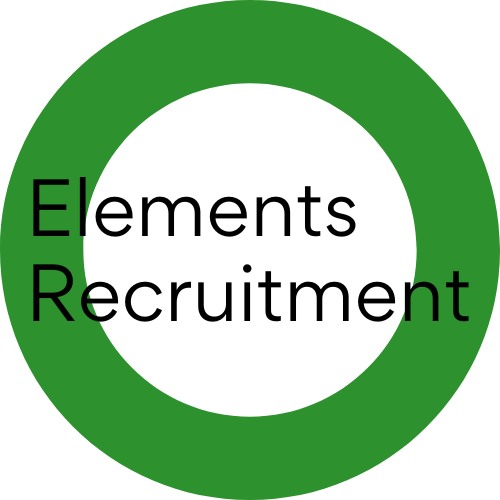What is a Digital Footprint Check?
In today’s hiring landscape, employers have more tools than ever before to evaluate potential candidates. One of the latest developments is the digital footprint check, a process where a candidate’s social media activity, online presence, and public digital behaviour are reviewed as part of the recruitment process.
This goes beyond the traditional CV and reference checks. Employers can now see:
- Public social media posts (LinkedIn, Facebook, Instagram, X)
- Online comments, blogs, or articles attributed to the candidate
- Evidence of professionalism, communication style, and even cultural fit
Why Are Employers Doing This?
The aim of social media screening isn’t to invade privacy but to gain a holistic view of a candidate. Employers want to identify:
- Professional alignment: Does the candidate present themselves consistently with company values?
- Potential risks: Any offensive, discriminatory, or inappropriate content that could impact brand reputation
- Soft skills: Communication, thought leadership, and industry engagement
With reputation and workplace culture so important, digital footprint checks are becoming a way to ensure hiring the right person, not just the qualified person.
The Ethical Question: Is It Fair?
This new capability raises important questions:
- Privacy concerns: Even though information is public, should past posts be judged in a professional setting?
- Bias risk: Recruiters may unconsciously form opinions based on personal beliefs, lifestyle, or political views revealed online.
- Transparency: Should candidates be told if their social media profiles are being reviewed?
For many, the ethical debate lies in whether these checks promote fairer, safer workplaces or whether they cross the line into digital surveillance.
The Future of Social Media Screening
Looking ahead, digital footprint checks are unlikely to disappear. In fact, they may become standard practice. Here’s what we can expect:
- AI-driven analysis: Automated tools that scan social media for keywords, sentiment, and patterns.
- Greater regulation: Clearer laws around what employers can and cannot use in hiring decisions.
- Candidate awareness:
Professionals becoming more intentional about their personal brand online.
Just as credit checks became routine in certain industries, digital footprint checks may soon be the norm. The difference? Social media reflects personality, values, and judgement, areas much harder to define than finances.
What Should Job Seekers Do?
If you’re in the job market, consider a self-audit of your digital footprint:
- Google yourself to see what employers might find
- Review old posts that may not reflect who you are today
- Use privacy settings wisely, but remember, screenshots can live forever
- Showcase thought leadership or positive contributions in your field
Your online presence has become an extension of your CV. The good news is, you have the chance to shape it in a way that reflects who you are today.
Final Thoughts
The rise of social media digital footprint checks signals a new era of recruitment. While it offers insights beyond a polished résumé, it also raises ethical and privacy challenges that businesses and candidates alike must navigate.
The future of hiring will balance technology, transparency, and trust, making digital footprints less about surveillance and more about showcasing authenticity.






